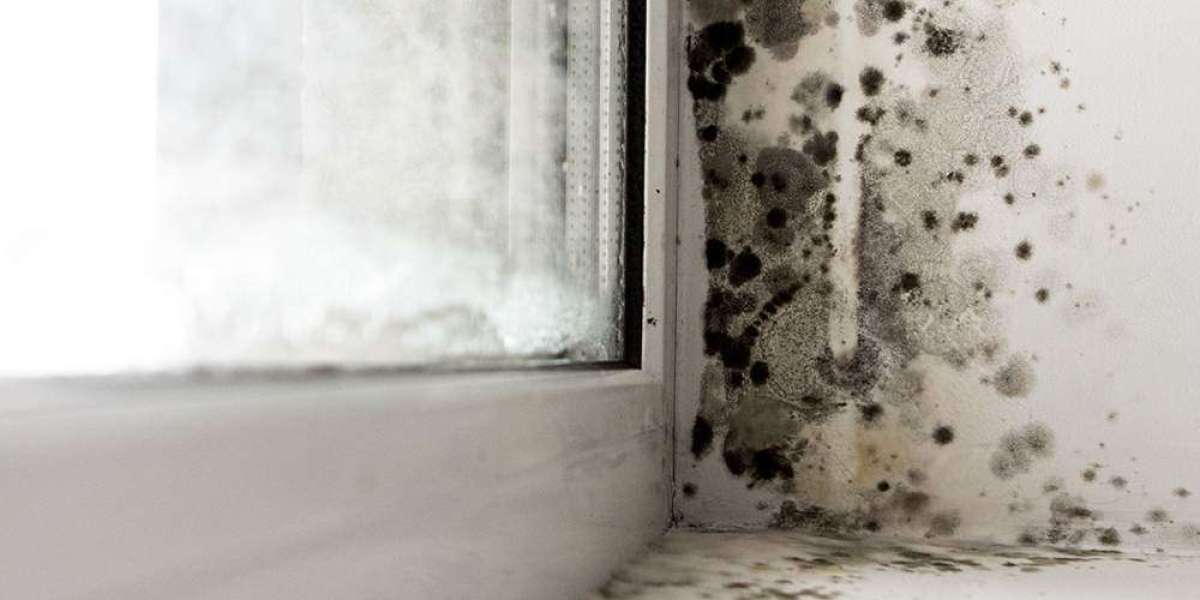Introduction
Many UK tenants face silent but serious struggles inside their own homes. Damp walls, faulty heating, leaks, mould, or even dangerous wiring—these are not just minor annoyances; they are breaches of legal responsibilities that landlords are required to meet. This growing problem has made housing disrepair one of the most significant legal and public health issues facing tenants today.
Living in a substandard property is not something you have to accept. Tenants across the UK have legal avenues available to them that can bring much-needed repairs—and compensation for suffering—when landlords fail to act.
What Does Housing Disrepair Include?
In legal terms, housing disrepair includes any damage or defect that a landlord is responsible for fixing. Common examples include:
Leaking roofs or ceilings
Structural cracks or instability
Black mould and condensation
Broken boilers and lack of heating
Faulty plumbing and water damage
Electrical hazards
Insect or rodent infestations
If left unresolved, these conditions can cause harm to both the property and the people living in it.
The Legal Responsibilities of Landlords
Landlords have a duty of care under the Landlord and Tenant Act 1985 and the Homes (Fitness for Human Habitation) Act 2018. These laws require them to:
Maintain the structure and exterior of the building
Ensure all installations for heating, sanitation, and water are in good repair
Keep the home free of damp and mould
Make urgent repairs within a reasonable time
Failing to meet these obligations can make them legally liable for harm caused by the disrepair.
What Can Tenants Do?
If you’ve reported issues to your landlord and they’ve ignored your requests or delayed necessary repairs, you have the right to take legal action. The law protects tenants from being left in dangerous or uninhabitable homes.
By gathering evidence—such as photos, doctor’s notes, repair invoices, and communication records—you can support a formal housing disrepair claim. This type of claim allows you to:
Force your landlord to carry out the repairs
Receive compensation for physical or emotional harm
Reclaim financial losses caused by the disrepair
Tenants often don’t realize how much power they actually have. This is why seeking professional help can make a big difference.
When Health is at Stake
Housing disrepair is not just about property—it’s about your health. Mould can trigger asthma. Cold environments worsen arthritis. Leaks and dampness increase the risk of respiratory illness. In the worst cases, disrepair has even led to hospitalizations.
Children, the elderly, and people with existing health issues are particularly vulnerable to these living conditions. That’s why timely repair is not just a matter of convenience, but an essential human right.
Filing a Disrepair Claim: Step-by-Step
Here’s a simplified process to understand how these claims typically work:
Report the problem: Always report in writing (email or letter) and request a repair date.
Collect evidence: Photos, videos, communication history, and doctor’s notes can all support your claim.
Wait for action: Give your landlord a reasonable time to respond—usually 14 to 28 days depending on severity.
Seek legal help: If your landlord fails to act, a solicitor can guide you through a disrepair claim.
Receive repairs or compensation: Courts can compel landlords to fix the issues and award you financial compensation.
A trusted legal team like Housing Disrepair Team UK can assess your case for free and even handle the claim on a no-win, no-fee basis.
Your Rights as a Tenant
UK housing law is clear: your landlord must provide a home that is safe and fit for living. You also have rights that protect you from retaliatory eviction or harassment once you start a claim. These include:
The right to live in a habitable property
The right to privacy and respect from your landlord
The right to not be evicted unfairly after making a complaint
The right to take your landlord to court
If you're unsure whether your case qualifies, speaking to a professional is a smart first step. Many tenants wait too long, suffering in silence. You don’t need to.
Conclusion
Housing disrepair isn't just about broken fixtures or ugly mould patches. It’s about ensuring that your home supports your health, dignity, and safety. When landlords fail to meet legal standards, you have every right to seek both repairs and justice.
The longer disrepair is left unaddressed, the worse it gets—and the more difficult life becomes. With the right support, you can hold negligent landlords accountable and improve your living conditions for good.







